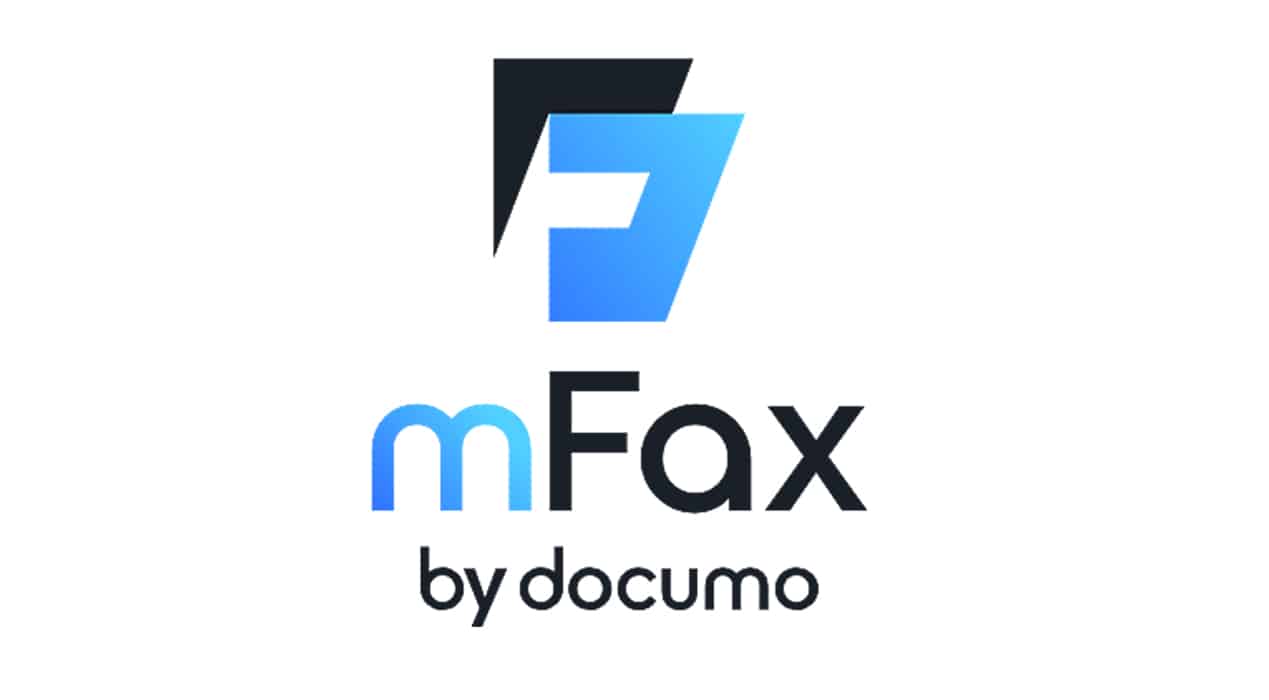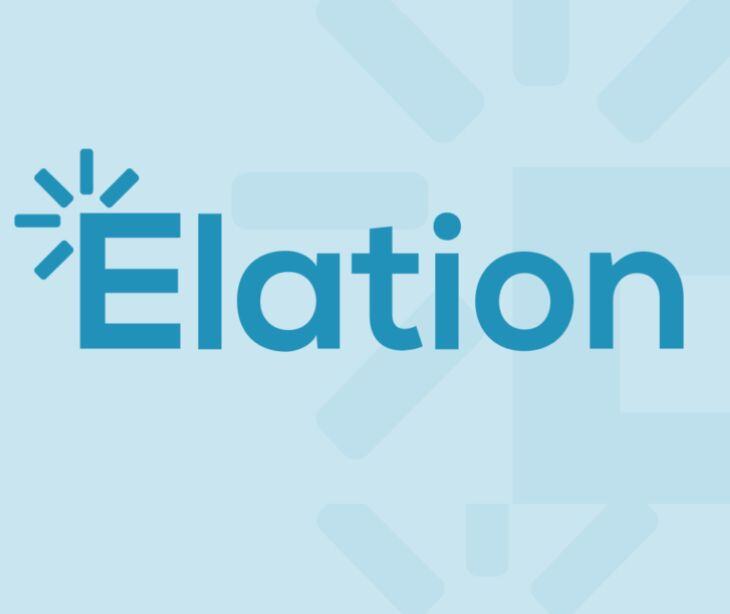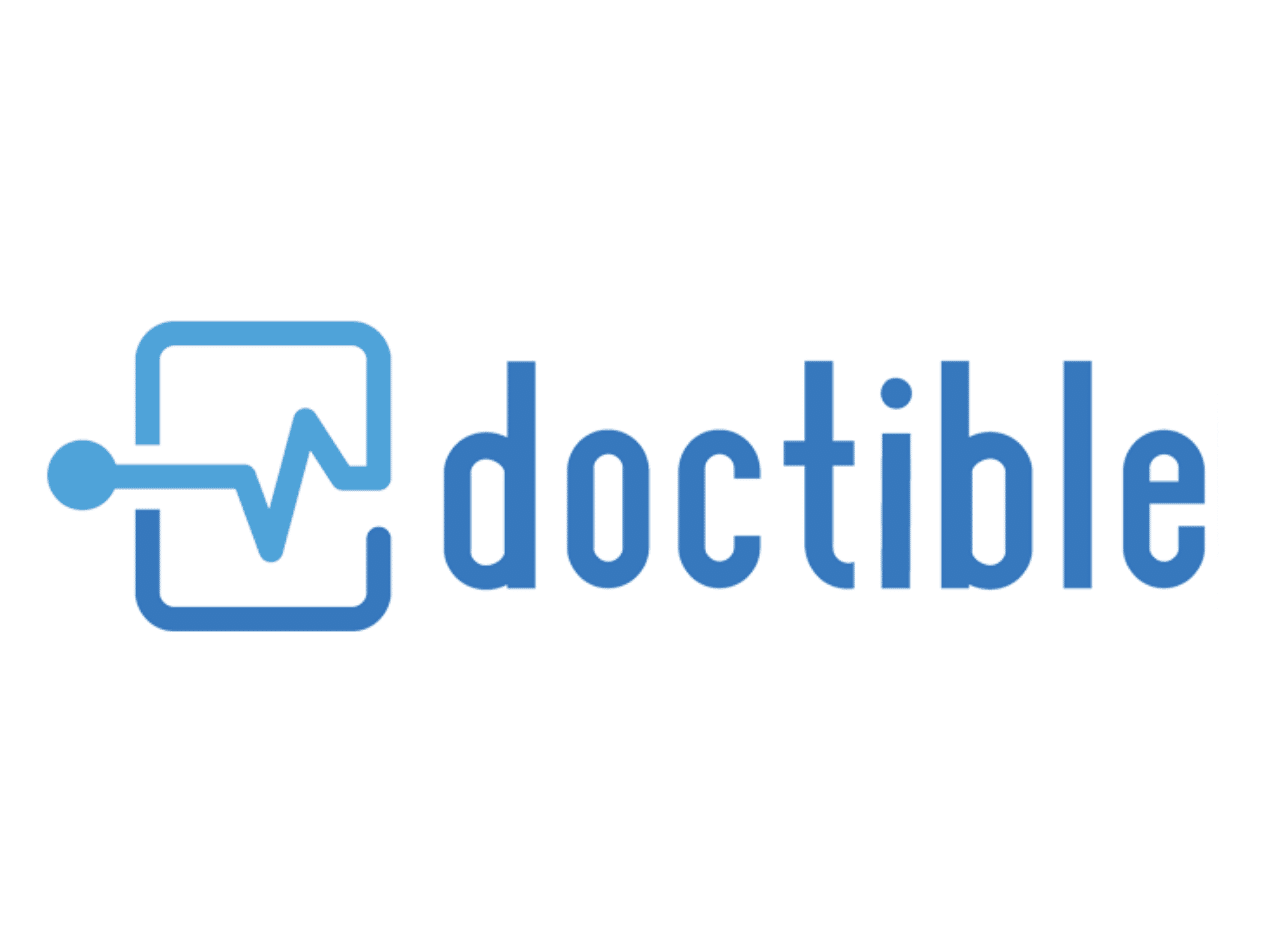
airSlate is a platform for automating business processes and workflows. It offers a suite of tools and solutions designed to streamline document management, electronic signatures, and workflow automation. The platform allows users to create, edit, collaborate on, and automate various documents and forms.
airSlate empowers organizations to streamline their workflows, improve productivity, and achieve better outcomes through automation and digitization of business processes. Its use in healthcare makes it a business associate.
Is airSlate HIPAA compliant? Yes, based on our research, airSlate can be HIPAA compliant.
Will OpenAI sign a business associate agreement (BAA)?
Yes, OpenAI will sign a business associate agreement, which can be reviewed here.
What does the airSlate BAA cover?
The BAA offered by airSlate typically covers aspects related to the handling and protection of protected health information (PHI) in compliance with the Health Insurance Portability and Accountability Act (HIPAA). According to their security page, “as a business associate to many medical providers, airSlate works hard to maintain its operational security at HIPAA standards. airSlate has incorporated a Business Associate Agreement that details its obligations and required processes into its Terms of Service.”
The BAA covers:
- The handling of PHI
- Confidentiality
- Handling of ePHI
- Privacy Notice
Conclusion
airSlate signs a BAA and is therefore HIPAA compliant.
Learn more: HIPAA Compliant Email: The Definitive Guide
FAQS
What is a business associate agreement?
A BAA is a legally binding contract establishing a relationship between a covered entity under the Health Insurance Portability and Accountability Act (HIPAA) and its business associates. The purpose of this agreement is to ensure the proper protection of personal health information (PHI) as required by HIPAA regulations.
Related: What is the purpose of a business associate agreement?
What is HIPAA?
The Health Insurance Portability and Accountability Act (HIPAA) sets national standards for protecting the privacy and security of certain health information, known as protected health information (PHI).
HIPAA is designed to protect the privacy and security of individuals’ health information and to ensure that healthcare providers and insurers can securely exchange electronic health information. Violations of HIPAA can result in significant fines and penalties for covered entities.
Who does HIPAA apply to?
HIPAA applies to covered entities, which include healthcare providers, health plans, and healthcare clearinghouses. It also applies to business associates of these covered entities. These are entities that perform certain functions or activities on behalf of the covered entity.
Related:
Subscribe to Paubox Weekly
Every Friday we'll bring you the most important news from Paubox. Our aim is to make you smarter, faster.



